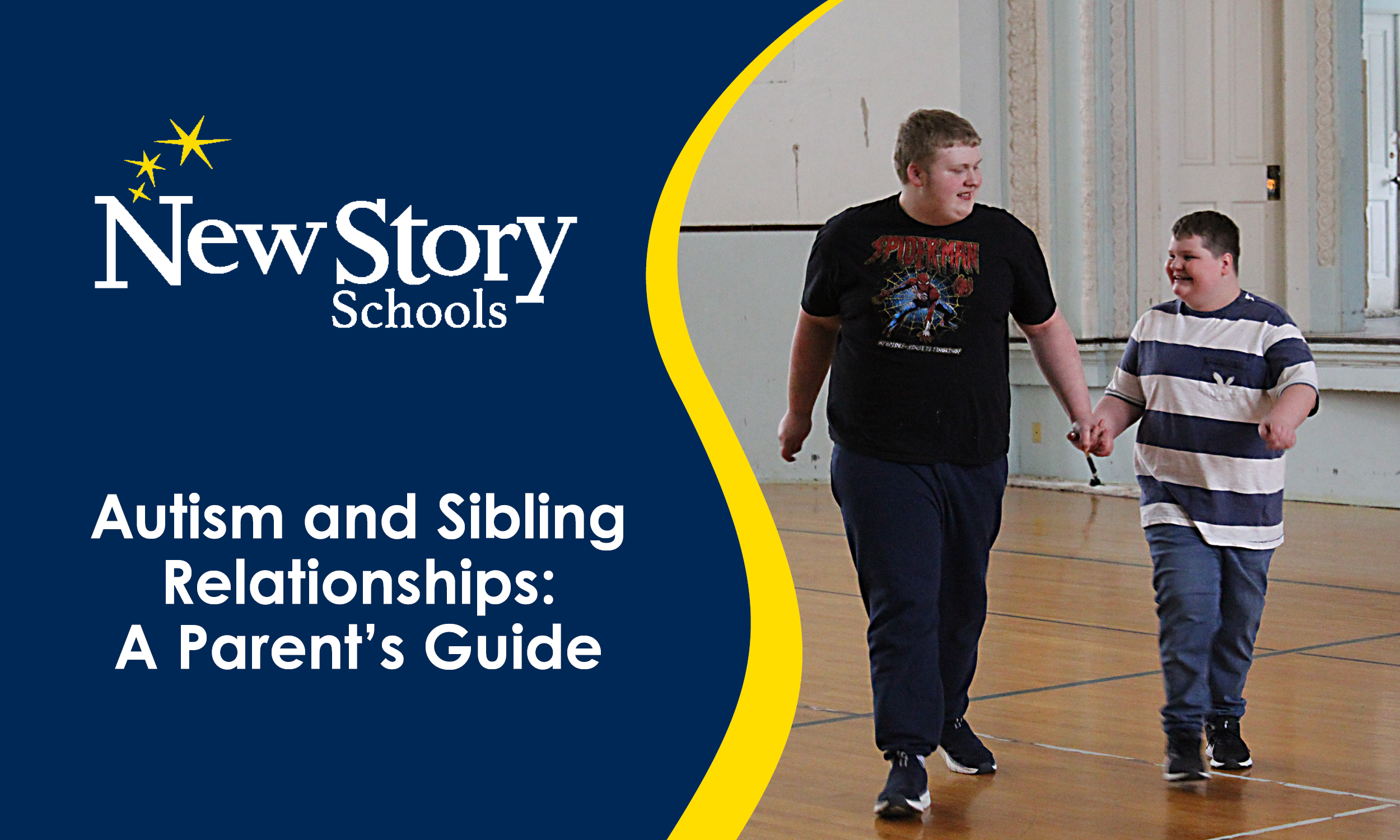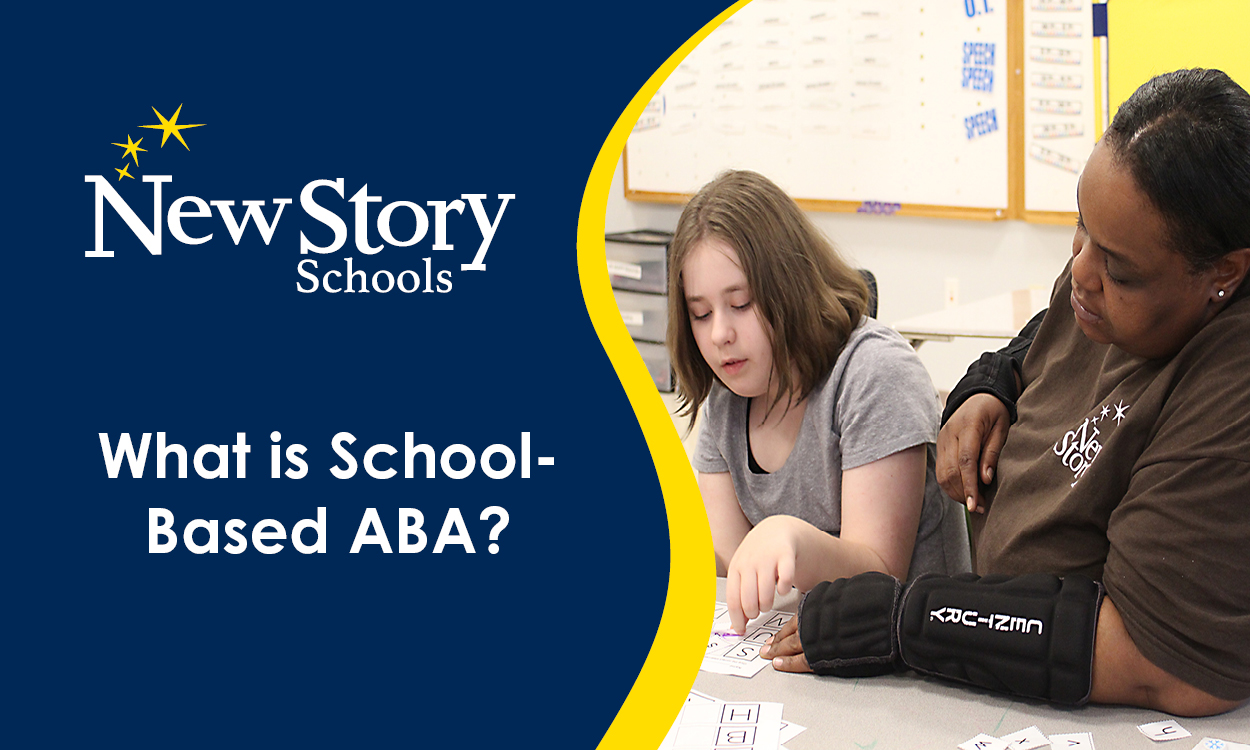Activities to Avoid the Summer Slide
Posted: July 09, 2024 | Written By: Drew Delligatti | Category:

This blog was written by Samantha Chicchetti, Special Education Teacher at New Story Schools in Wyoming, PA.
Summer is a time for fun in the sun, but it should not come at the cost of all the progress students have made during the school year. To keep students engaged in learning during the summer and avoid regression, embracing individual interests and using everyday experiences as learning opportunities can be highly effective.
Utilize What Students Love: Everyone needs a break and a chance to explore their interests, so summer can be an excellent time to engage deeper thinking by leveraging activities that students already enjoy. For instance, creating guided play opportunities can help children who prefer to interact only with specific items by gradually introducing new toys into their routine. Modeling appropriate play by interacting with new items in parallel play can encourage children to explore and learn in a comfortable and supportive environment.
Hands-On Experiences: Another strategy for promoting learning is to see everyday experiences as opportunities for education. Daily chores can be a useful way to practice sorting or matching skills, making routine tasks both fun and educational. Activities such as cooking, laundry, or grocery shopping can involve students in practical tasks that they are capable of doing, thereby reinforcing their skills. Simple verbal cues like "put in," "pick up," or "touch" can increase engagement in everyday activities, while also allowing students to practice their Verbal Behavior Milestones Assessment and Placement Program (VB-MAPP) and Essential for Living (EFL) skills in a natural environment. These practical, hands-on experiences can be incredibly valuable in maintaining and enhancing the skills learned during the school year. Including children in daily living skills throughout the day is a great way to pass the time and reinforce learning.
By taking just an extra second to involve children in activities that are part of the daily routine, parents and caregivers can help prevent skill loss during the extended summer break. This approach not only helps in maintaining academic and functional skills but also fosters a sense of independence and confidence in children. Summer can be both fun and educational with a little planning and a focus on integrating learning into everyday experiences.
Want to be notified of new articles and resources from New Story Schools? Submit your email and opt into our newsletter!









